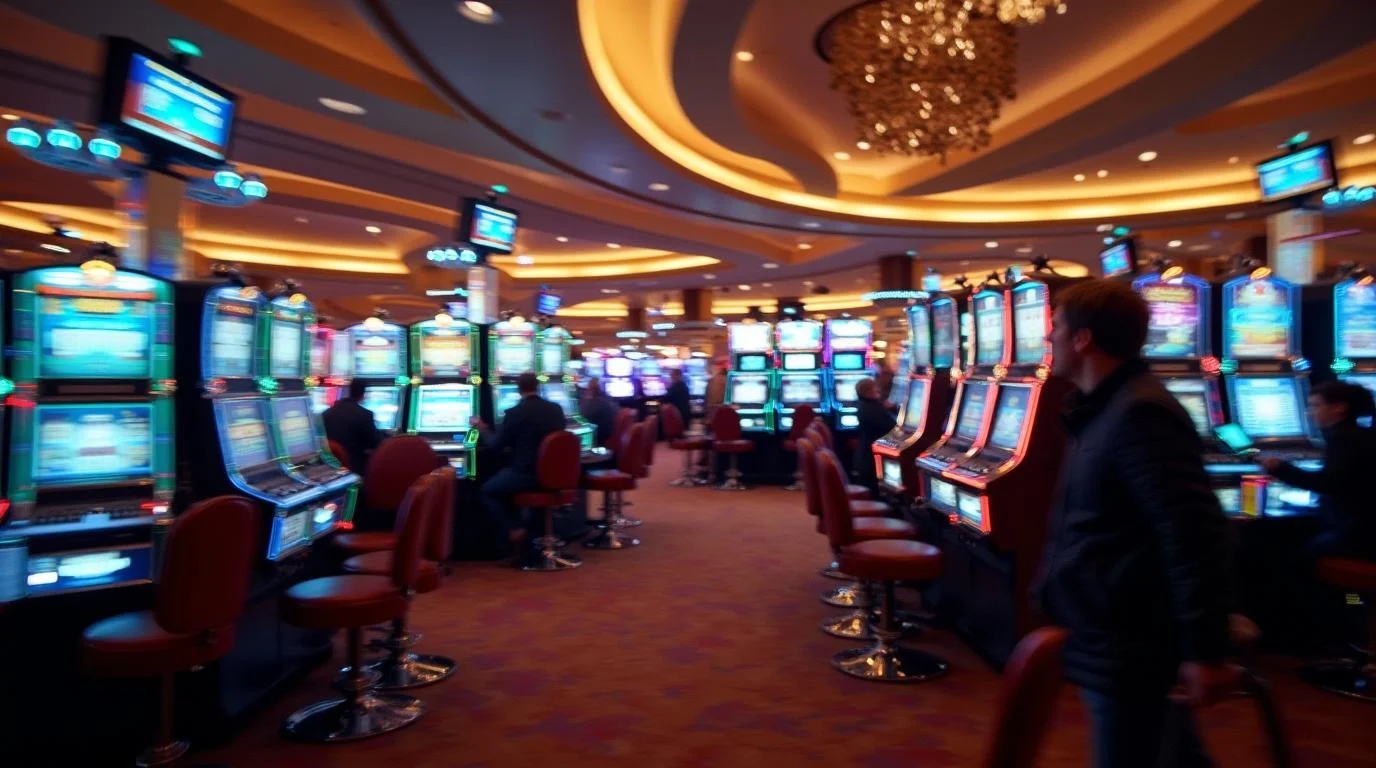Bookmaker to Plead Guilty to Illegal Gambling Business with High-Profile Clients

1.0
Default
The Ohtani saga doesn't seem to end: in yet another development in the much-publicized Shohei Ohtani case against his ex-interpreter, Ippei Muzahara, Matthew Bowyer, a bookmaker from Southern California, was accused of operating an illegal gambling business for more than five years, with Muzahara serving as one of his clients.
In a case that has sent shockwaves through the world of sports, a bookmaker from Southern California, Mathew Bowyer, has pled guilty to multiple charges linked to his involvement in an illegal gambling operation. Among the high-profile clients entangled in this case is Ippei Mizuhara, the ex-interpreter for MLB superstar Shohei Ohtani. This development is a significant chapter in a sequence of scandals that have recently come to light, casting a shadow over the integrity of sports.
The scope of the operation
According to the Los Angeles US Attorney's Office, the gambling operation of Bowyer was active for a minimum of five years, spanning Las Vegas as well as Southern California. The Associated Press also stated that the operation catered to more than 700 bettors, highlighting the vast reach and scale of Bowyer's enterprise. The charges against Bowyer include money laundering, operating an illegal gambling business, and falsifying tax returns. Bowyer is expected to formally enter his guilty plea on the 9th of August.
"Mr. Bowyer is looking forward to accepting responsibility for his actions," said Diane Bass, Bowyer's attorney, in a statement. The case shows ongoing challenges in the sports betting sector, which has seen a surge in scrutiny and regulation in recent years. This particular case has drawn attention due to the involvement of high-profile individuals and the potential implications for Major League Baseball.
Unveiling the betting scandal
The Bowyer case is part of a wider clean-up on illegal sports betting, which has seen several prominent figures implicated. The scandal gained widespread attention following the lifetime ban of an MLB player, the first such penalty since Pete Rose was banned in 1989. While Bowyer's operation involved numerous prominent clients, it is important to note that Shohei Ohtani himself was not involved, in spite of the serious involvement of his former interpreter, Ippei Mizuhara.
Mizuhara, who worked closely with Ohtani during his time in MLB, had already admitted to charges of tax and bank fraud. Reports indicate that Mizuhara stole almost $17 million from the bank accounts of Ohtani just to finance his gambling endeavors. But despite the extent of Mizuhara's betting actions, there is no evidence to suggest that he placed wagers on baseball, nor is there any indication that Ohtani was aware of the illegal activities. Federal investigators have stressed that Ohtani cooperated completely with the investigation and is actually a victim in this case.
But the investigation has also led to scrutiny of other Major League Baseball players who may have had connections to Bowyer's betting ring. Among those reportedly under investigation is a former player for the Los Angeles Angels, David Fletcher, although MLB has yet to confirm whether a formal inquiry has been launched.
Legal implications and wider influence of the case
The legal consequences for Bowyer are severe. If convicted on all counts, he is faced with a possible sentence of 18 years in prison. His case serves as a stark reminder of the significant penalties associated with running illegal gambling rings as well as becoming embroiled in money laundering. Far beyond the legal ramifications, however, Bowyer's actions have preyed on the trust of the sports community, and it raises concerns about the integrity of professional sports and the need for more stringent oversight and regulation.
The implications of this case extend beyond Bowyer and Mizuhara, reflecting a broader issue within the sports betting industry. In June, for instance, MLB made a decisive move by banning Tucupita Marcano, the San Diego Padres infielder, and suspending four more players for legally betting on baseball. Marcano's ban marked the first time an active player of MLB has been banned for life, highlighting the league's zero-tolerance policy toward betting-related misconduct.
As Bowyer's legal proceedings continue, the sports world is watching closely, aware that the outcomes could have lasting effects on policies and perceptions surrounding sports betting. The case serves as a cautionary tale, showing the complex and often dangerous interplay between illegal gambling, professional sports, and the law. It also accentuates the importance of maintaining integrity within the sports betting industry, as the repercussions of these scandals can have far-reaching consequences for all involved.




















